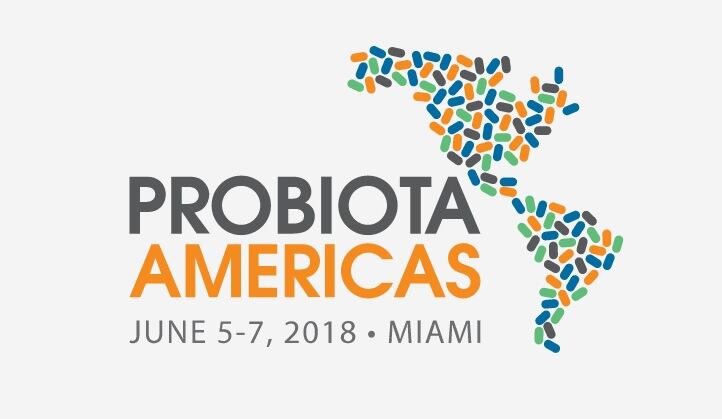Mice with inulin added to their diet had decreased serum triglycerides concentration after meals, leading the researchers to conclude that inulin may improve elevated triglycerides levels after a meal by targeting intestinal lipid metabolism.
“The gut microbiota is considered an important ecosystem able to control host physiology, among others by interacting with food components,” they wrote in their report, published in the journal Nutrients.
They were building upon previous studies on inulin as a prebiotic, “defined as non-digestible compounds that through fermentation by the microorganisms in the gut, modulate the composition and activity of the gut microbiota, thereby conferring a beneficial physiological effect on the host.”
Data from these results, the researchers argued, confirmed “the interest of using inulin-type fructan supplementation in the management of dyslipidemia linked to obesity and cardiovascular diseases.”
Study design
Thirty-six male rats were divided into two groups: A control group fed a diet with only 10% kcal fat, and another group fed a Western diet with 45% kcal fat.
After four months of consuming their assigned diets, rats were further divided into two other groups: An inulin supplemented group with 0.1 g per day per mouse of native inulin (chicory root-derived Fibruline, provided by Cosucra) and a control group given no inulin.
Inulin was added to the mice’s drinking water. The supplementation period lasted for to weeks.
Inulin didn’t affect body weight, but it improved elevated triglycerides
The researchers conducted lipid tolerance, biochemical, and histological analyses. Inulin supplementation did not affect the body weight, adipose (liver) tissue, and liver weight of the mice.
However, among the several changes researchers noted in the inulin-fed group, there were significant improvements among the inulin-supplemented mice in elevated triglyceride caused by consuming a Western diet.
“We performed a lipid tolerance test and we evaluated serum triglycerides and free fatty acids concentration over a four hour period,” they wrote.
“Compared to the control diet, the Western diet induced a significant increase in serum triglycerides after olive oil load. Inulin supplementation in western diet led to a significant improvement of hypertriglyceridemia after three and four hours post-lipid load.”
Proposed mechanism: Changing gene expression in small intestine
Analysis of the mice’s feces and organs post-sacrifice suggest that inulin supplementation’s benefits come from lipid sensing in a part of the small intestine called the jejunum, as well as an increase in fecal lipid excretion.
“Compared to control diet, Western diet feces had a higher content in total lipids and inulin supplementation further increased fecal lipid content in the Western diet + inulin group,” they reported.
Back in January, a similar mouse study conducted by researchers at Georgia State University also found that inulin may help fight metabolic syndrome by protein expression in the intestinal epithelial cells.
Further studies are needed to shed more light on the pathways linking the improvement of elevated triglyceride level with the modulation of the bile acid profile by inulin-type fructans.
Source: Nutrients
Published online ahead of print, doi:10.3390/nu10050532
Authors: Sophie Hiel, et al.
Want to learn more about prebiotics, probiotics, and the microbiome? Join us at Probiota Americas 2018 on June 5-7 in Miami

Probiota Americas, the leading annual event for the prebiotic, probiotic and the microbiota focused food and pharma industries in the Americas, runs from June 5 to 7 at the Miami Marriott Biscayne Bay in Miami, FL.
The event’s program, which can be viewed HERE, brings together world-leading experts to present the latest scientific, technical and market insights.
The event opens with Professor Jack Gilbert, Director of the Microbiome Center and Professor of Surgery at the University of Chicago, will deliver a highly anticipated presentation of the microbiome in precision medicine.
To learn more and register, CLICK HERE
